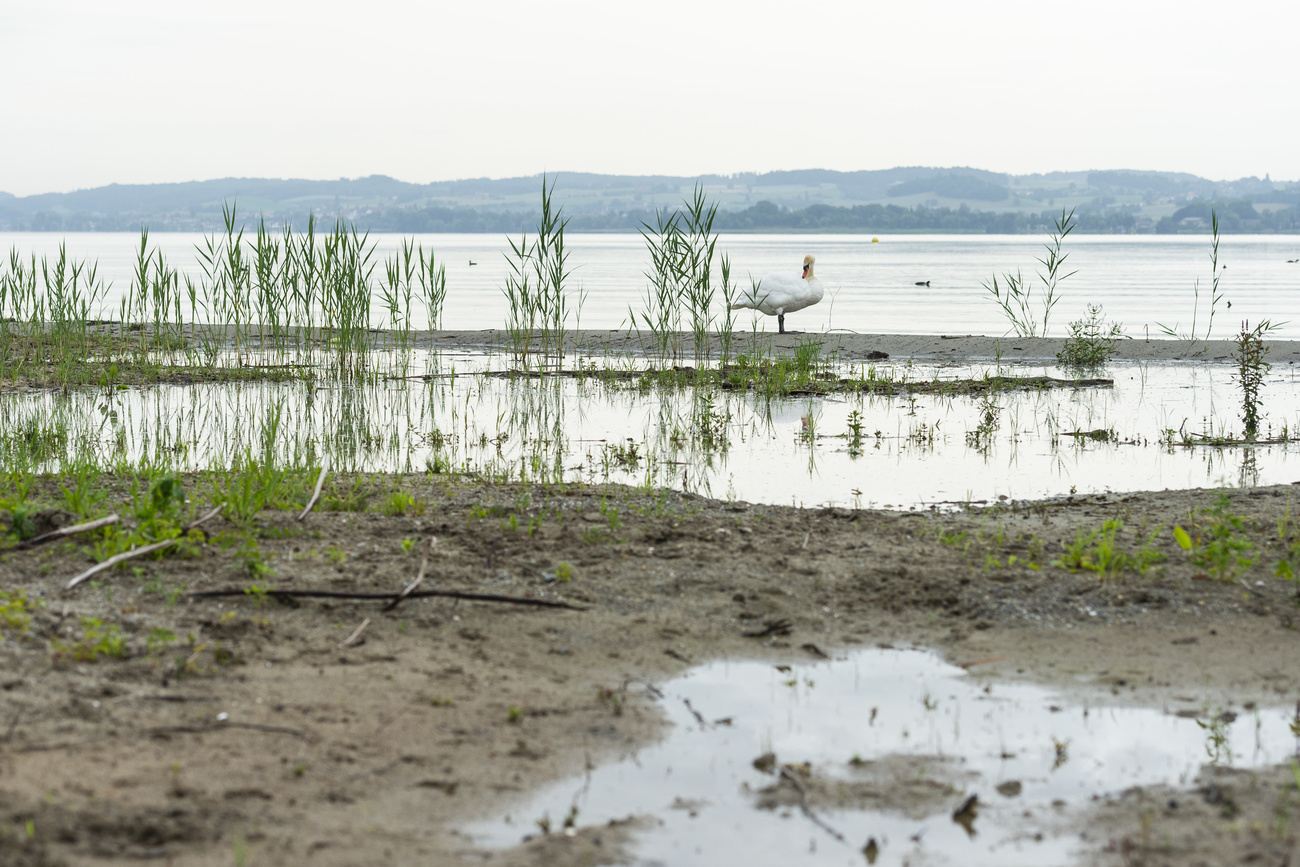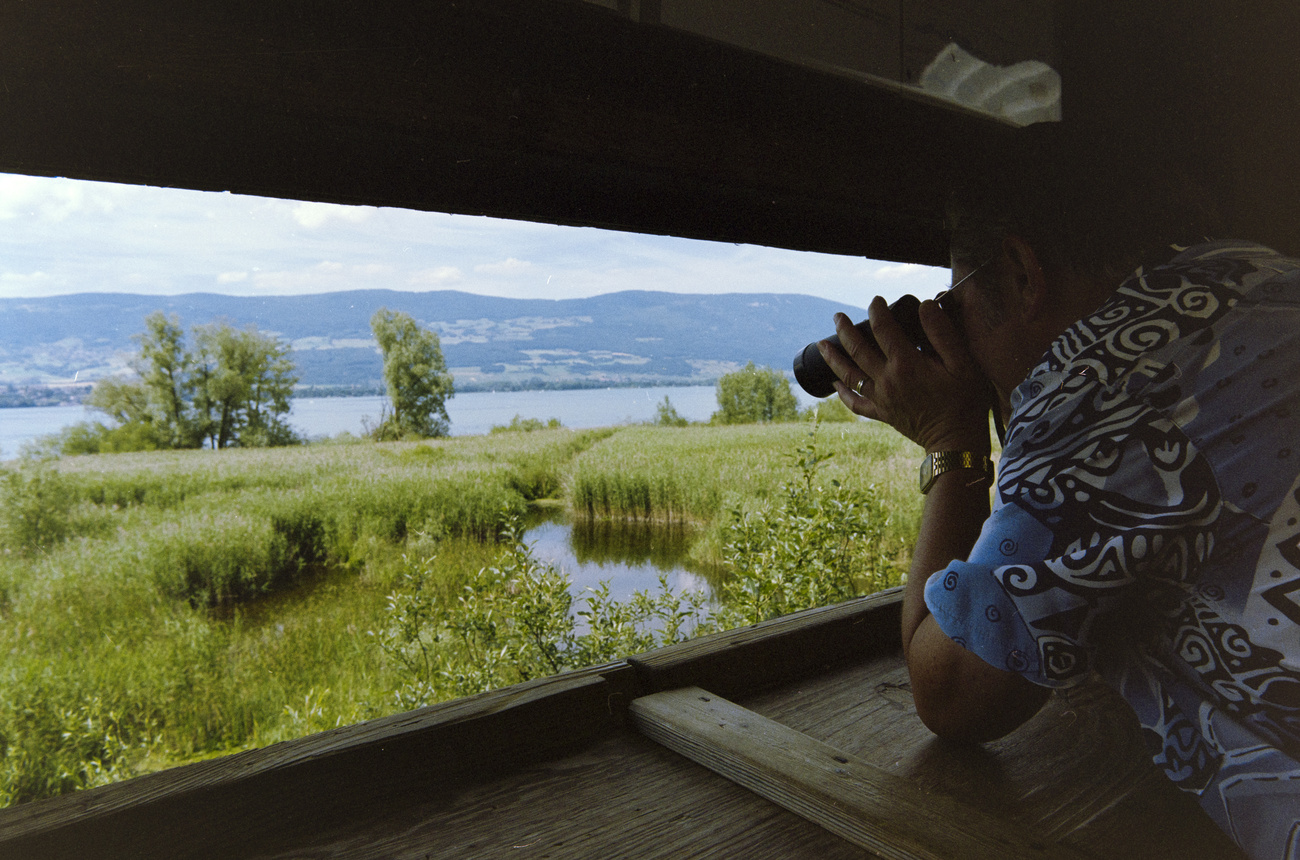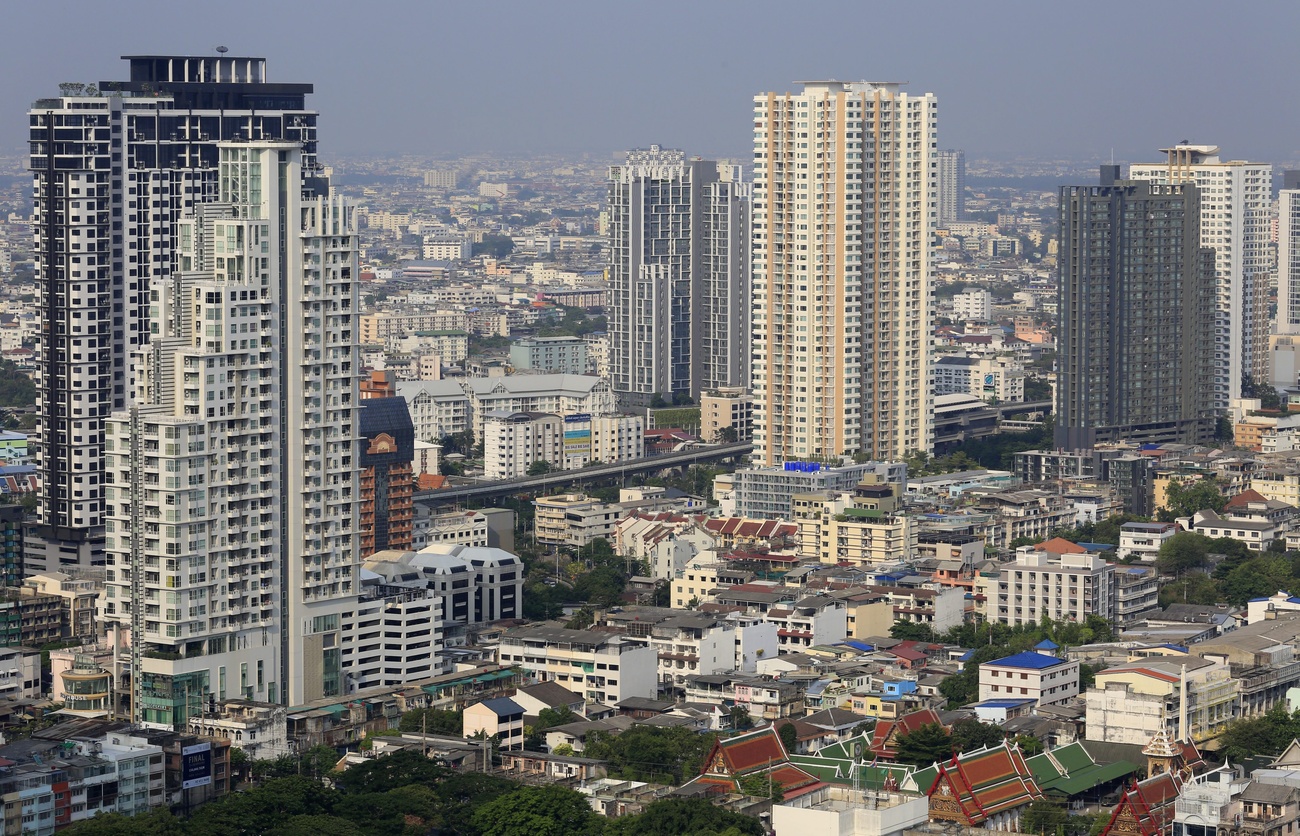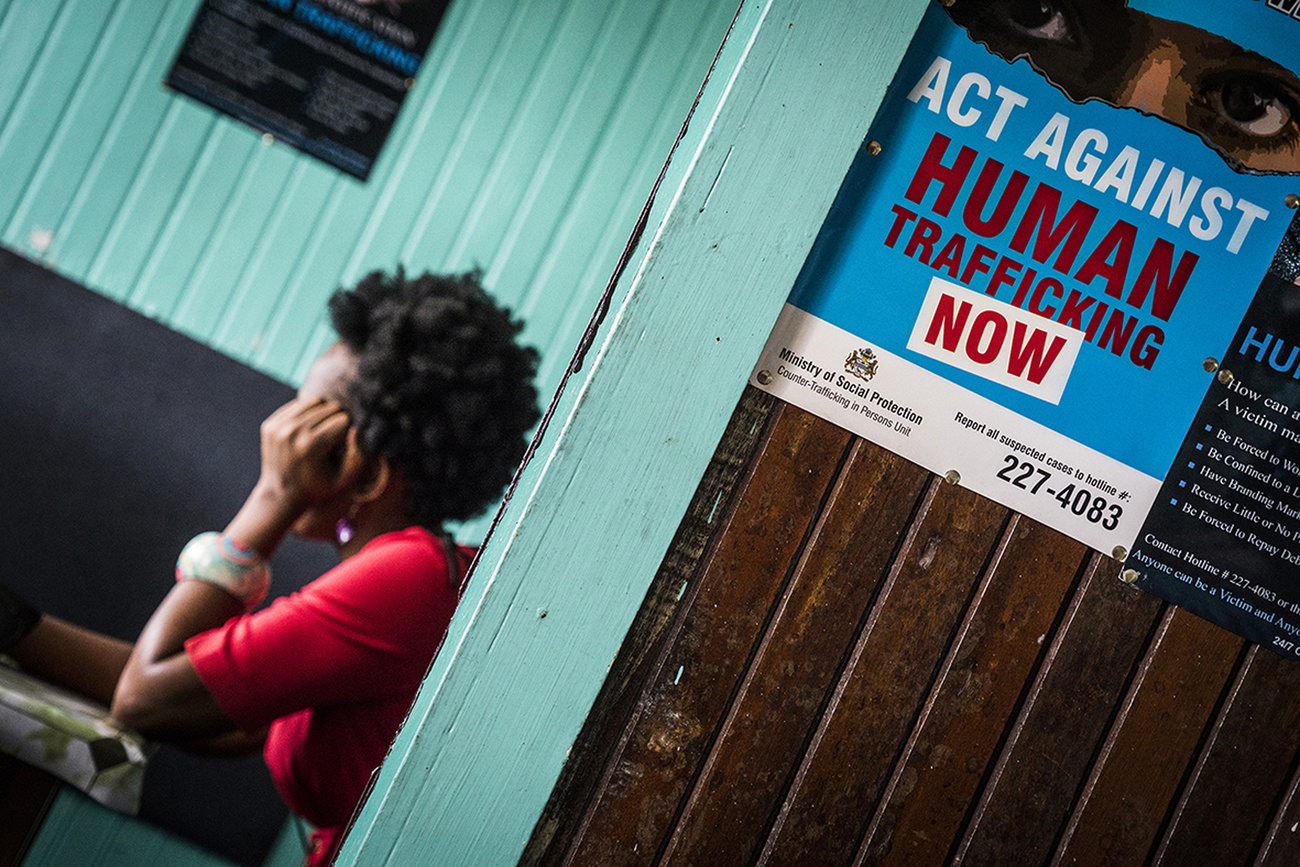Swiss ‘biodiversity initiative’: extreme or essential for protecting nature?

On September 22 the Swiss will vote on a popular initiative on biodiversity. It calls for more protected natural areas with increased funding. The initiative would modify the constitution and is opposed by a broad alliance that considers it unnecessary.
Switzerland, like the rest of the world, continues to lose biological diversity. Half of its ecosystems and one-third of its species are threatened. The trend is even more pronounced in Switzerland than in most other European countries, according to the Federal Office for the Environment (FOEN).
To combat this loss of biodiversity, nature and environmental organisations submitted the federal popular initiative “For the future of our nature and our landscapeExternal link” in September 2020. Swiss citizens will vote on this proposal – also called the “biodiversity initiative” – on September 22.
What does the initiative recommend?
The initiative would add an article to the constitution obliging cantons and the federal government to increase protection of nature, landscapes, and historic buildings and sites. The public authorities would be required to allocate more land and funding to safeguard and strengthen biodiversity. The proposal does not, however, suggest any specific figures.
What is the status of biodiversity in Switzerland?
Switzerland’s topography and geography favour substantial biological diversity, but the level has nonetheless declined noticeably since 1900.
Nearly 35% of the plant, animal, and fungal species studied are now considered threatened, and 12% are potentially threatened, according to the FOEN’s 2023 biodiversity report. It concludes that “the situation is critical for nearly half of the native species evaluated in Switzerland”. In addition, 48% of the ecosystems studied are threatened and 13% are potentially threatened.
The Swiss authorities, the scientific community, the Organisation for Economic Co-operation and Development (OECD), and the European Environment Agency (EEA) noteExternal link that conservation measures taken so far have been partially effective but insufficient to stem the disappearance of ecosystems and species.

More
Biodiversity loss in Switzerland in six graphs
How much would it cost to implement the initiative?
The initiative committee demands greater financial and human resources for the protection of biodiversity. But it does not suggest specific measures. The federal government’s responseExternal link points out that it is therefore impossible to determine the exact financial impact on public authorities. It estimates, however, that implementation would cost the government at least CHF215 million ($242 million).
What are the arguments in favour of the initiative?
The level of biodiversity in Switzerland is unsatisfactory and – as the government recognises – current protective measures are insufficient to halt its decline. The initiative committee therefore wants to force the government and the cantons to do more. It points out that biodiversity is “our source of life” and that its conservation requires a greater area, quality, and interconnectedness of protected habitats.
The committee warns that a failure to act could mean astronomical costs linked to species extinctions. The country’s losses could reach CHF14 to CHF16 billion ($16 to $18 billion) per year by 2050, according to estimates from the FOENExternal link.
Supporters of the initiative emphasise that a diverse natural environment helps contend with the negative consequences of climate change.
What are the arguments against the initiative?
The opponents of the initiative characterise it as “extreme and inefficient” and argue that current legislation is sufficient to preserve biodiversity.
The opposition committee estimates that the initiative would make about 30% of the land in Switzerland untouchable. It contends that this would limit the production of food and renewable energy. It believes the measures would therefore run counter to the June 9, 2024, vote in favour of the new federal electricity law, which aims to promote green energy. Enlarging forest zones would also, it claims, harm the timber industry.
Although the federal government shares the initiative committee’s concerns, it believes the proposed measures go too far. It criticises their excessive limits on federal and cantonal freedom to manoeuvre – which could create significant conflicts with energy and agricultural policies.
The government recognises, however, the need to act, so it developed a counter-project that took into account energy-policy goals. But parliament was unconvinced by this proposal and blocked it. As a result, only the popular initiative will be put to the vote.
Who are the supporters and opponents?
The initiative committee includes nature and environmental organisations such as Pro Natura, Patrimoine Suisse, and BirdLife. It is struggling to find support beyond the ranks of the left. Only the left-wing Green Party and Social Democratic Party support it. The centrist Liberal Green Party is divided.
The government and parliament recommend rejecting the initiative. A broad alliance has also formed to fight it. This includes the right-wing Swiss People’s Party as well as the centre-right Radical-Liberal Party and The Centre.
The Swiss Farmer’s Union and economic organisations also oppose the initiative.
Adapted from French by K. Bidwell/gw

In compliance with the JTI standards
More: SWI swissinfo.ch certified by the Journalism Trust Initiative











You can find an overview of ongoing debates with our journalists here . Please join us!
If you want to start a conversation about a topic raised in this article or want to report factual errors, email us at english@swissinfo.ch.